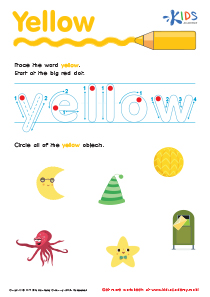Alphabet Recognition Normal English for Beginners Worksheets for 5-Year-Olds
19 filtered results
-
From - To
Welcome to our engaging Alphabet Recognition Worksheets designed specifically for 5-year-olds! These resources are perfect for young learners, especially beginners in English as a second language. Our worksheets feature vibrant illustrations and interactive activities that help children recognize and understand the letters of the alphabet in a fun and effective way. Each worksheet focuses on different letters through tracing, matching, and identifying activities, catering to various learning styles. Our goal is to build a strong foundation in literacy while making learning enjoyable. Explore our collection and watch your child embark on their exciting journey to mastering the English alphabet!
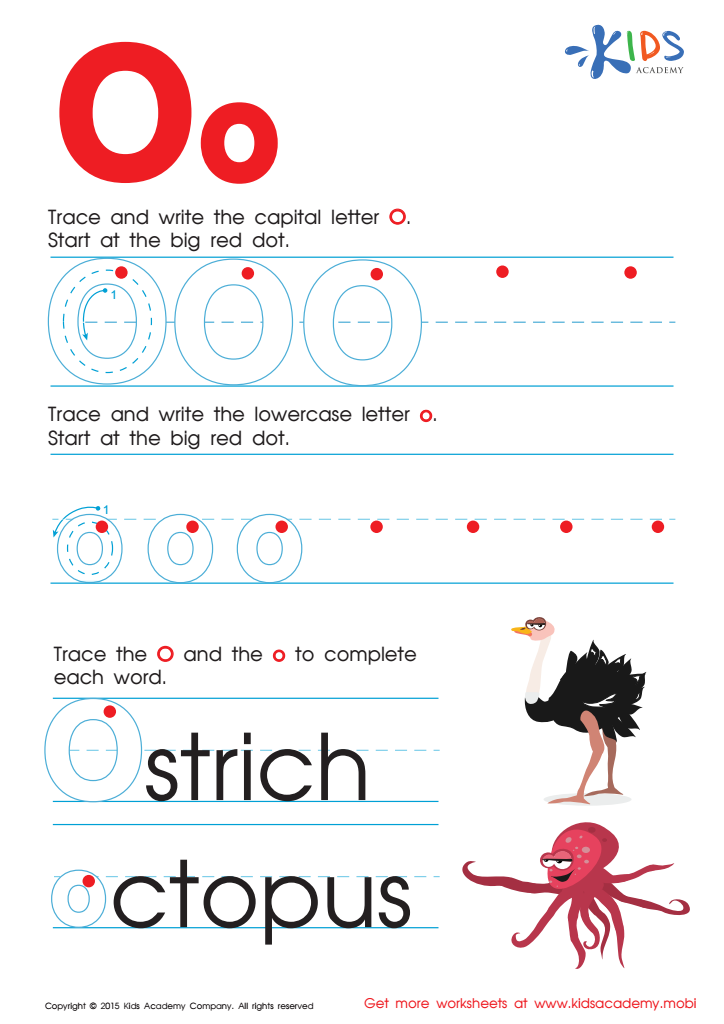

Letter O Tracing Page
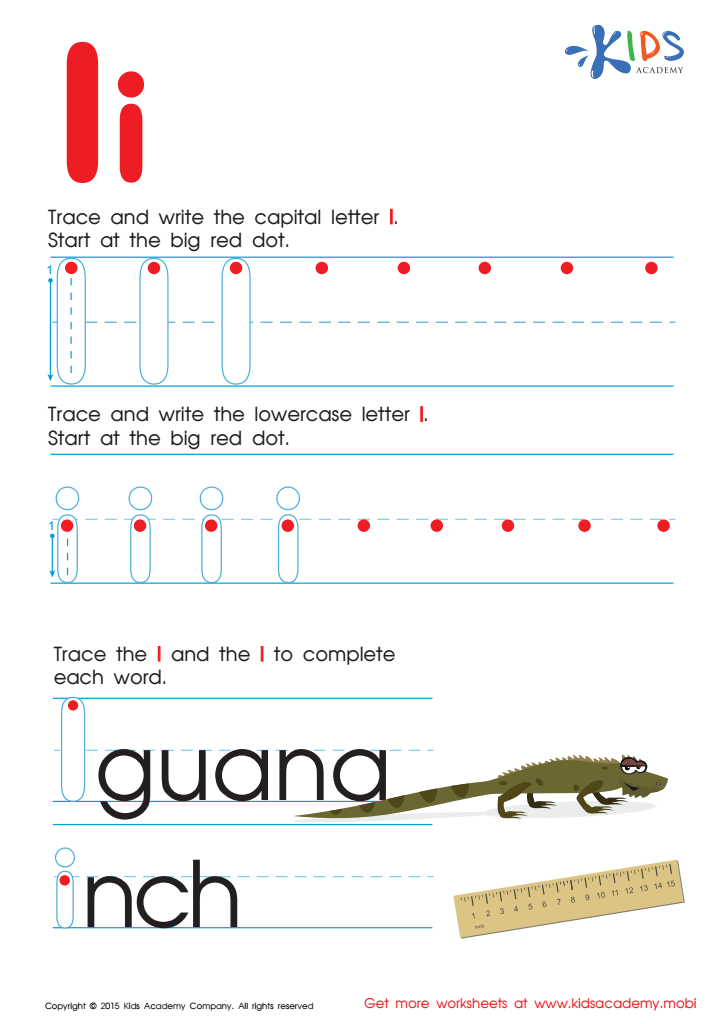

Letter I Tracing Page
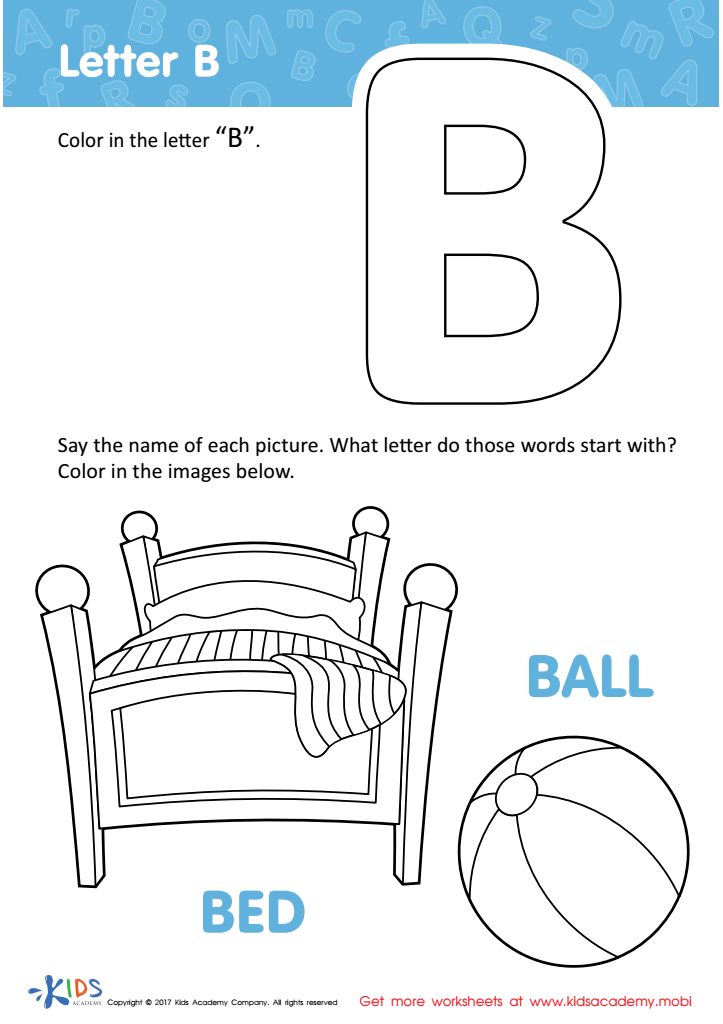

Letter B Coloring Sheet


Letter A Coloring Sheet
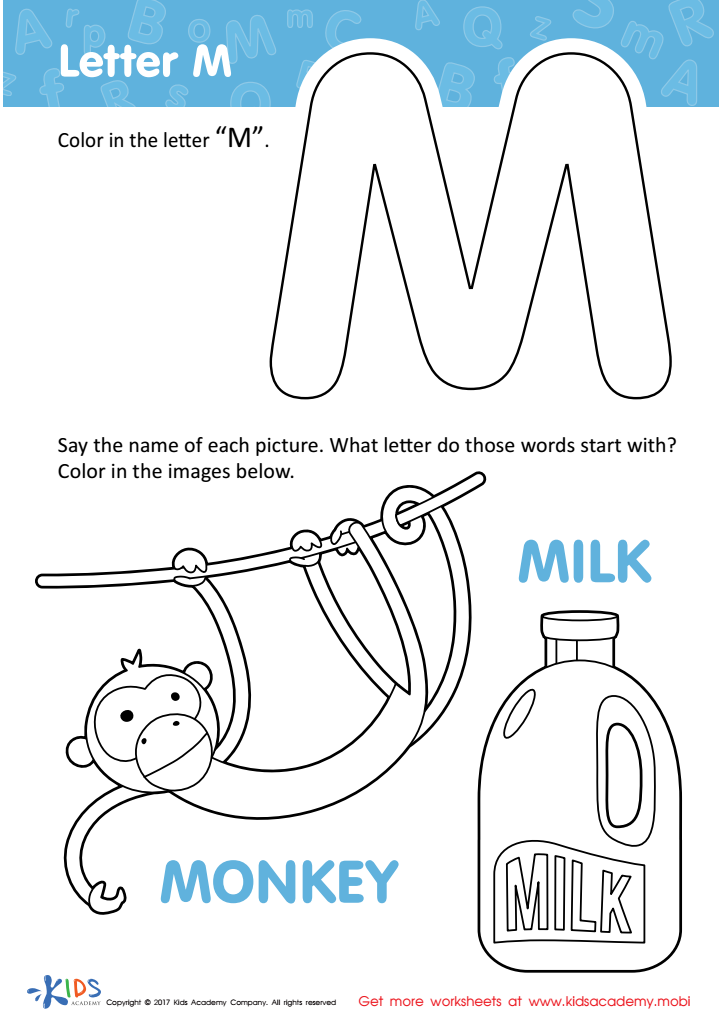

Letter M Coloring Sheet
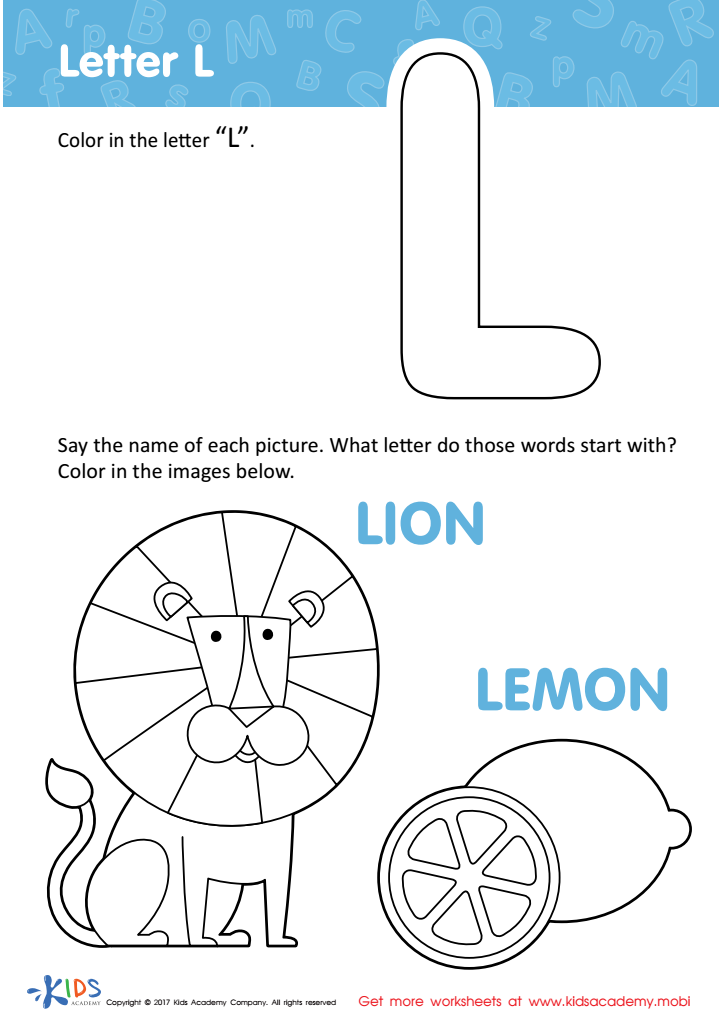

Letter L Coloring Sheet
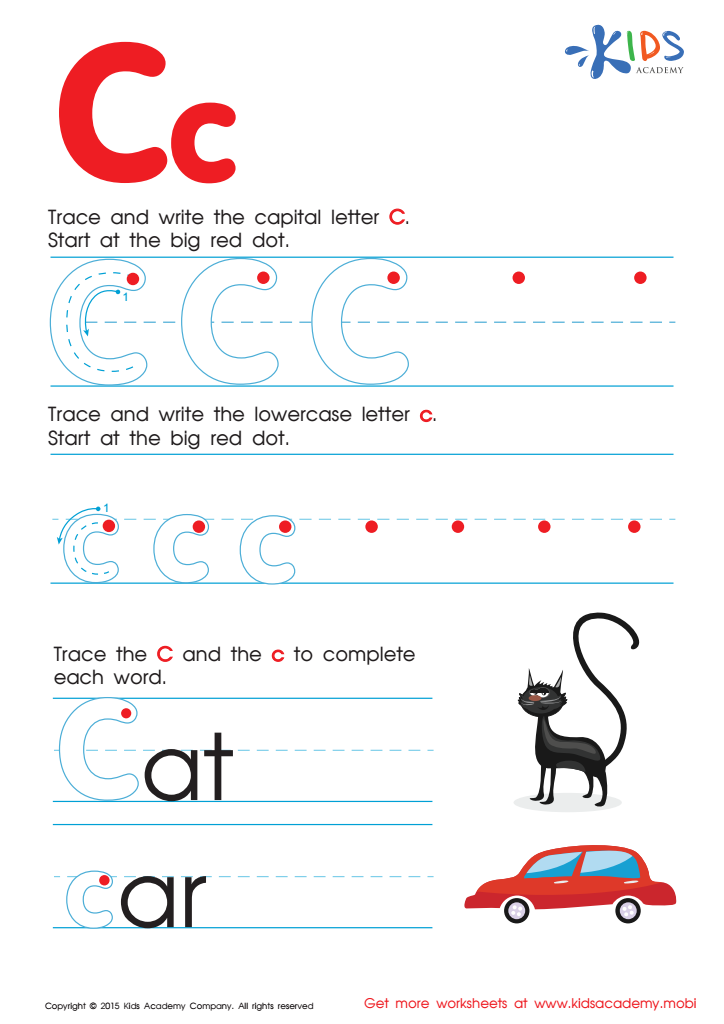

Letter C Tracing Page
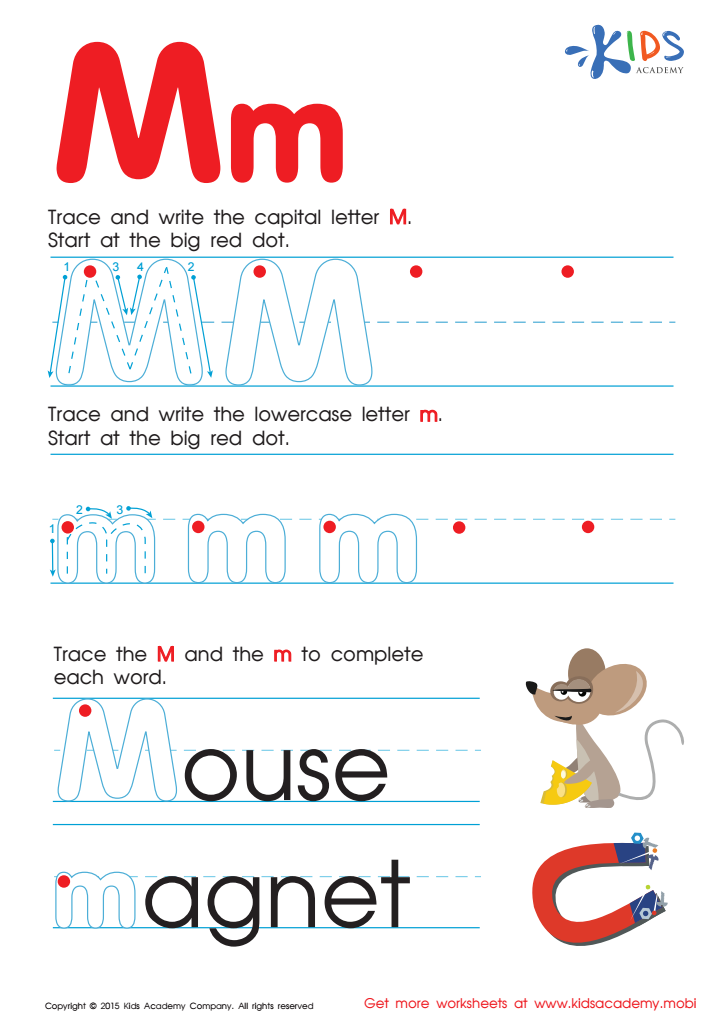

Letter M Tracing Page
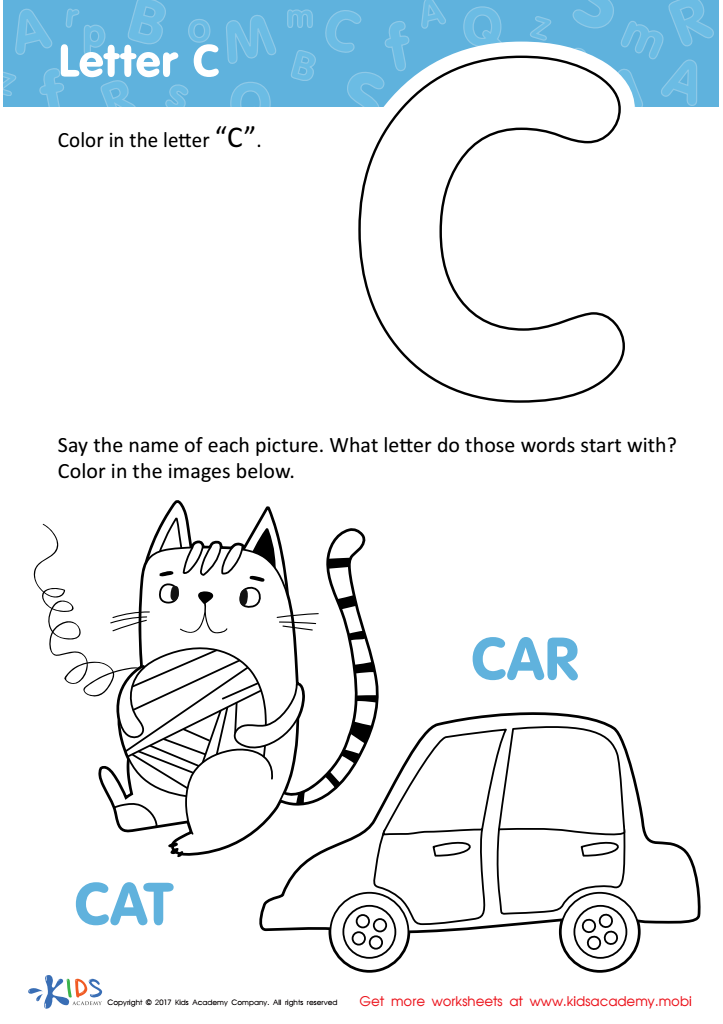

Letter C Coloring Sheet
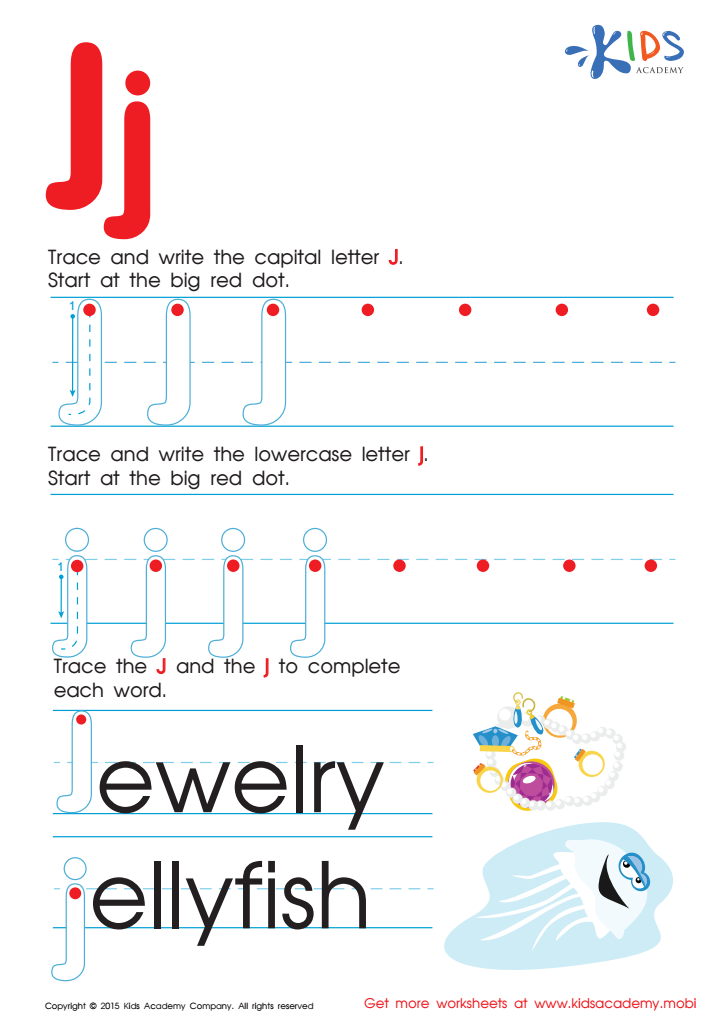

Letter J Tracing Page
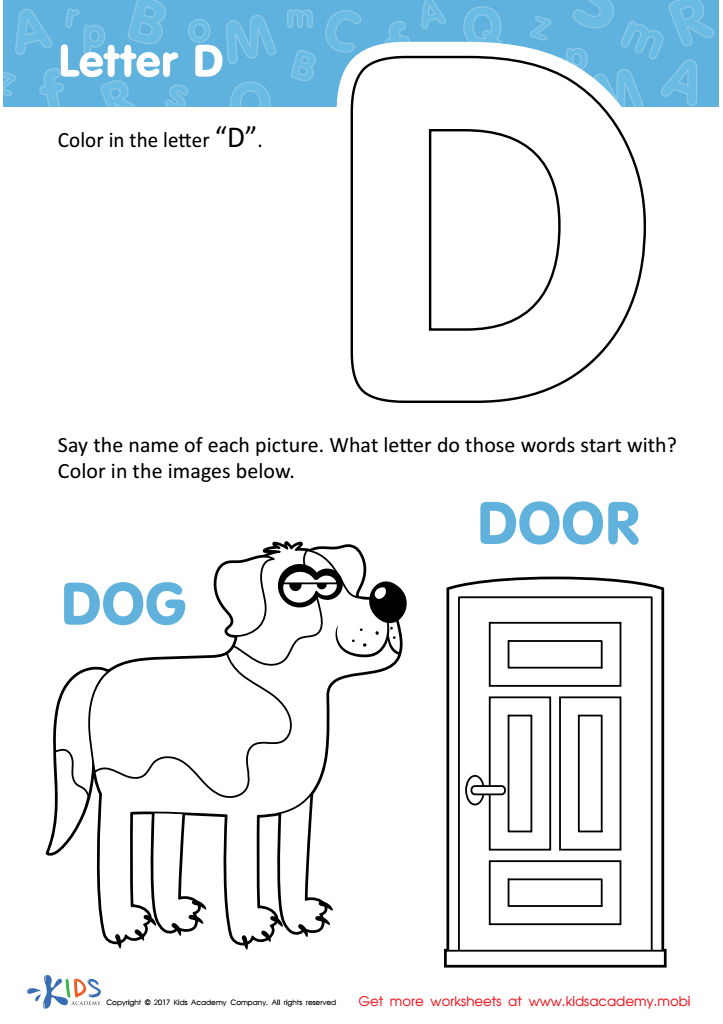

Letter D Coloring Sheet
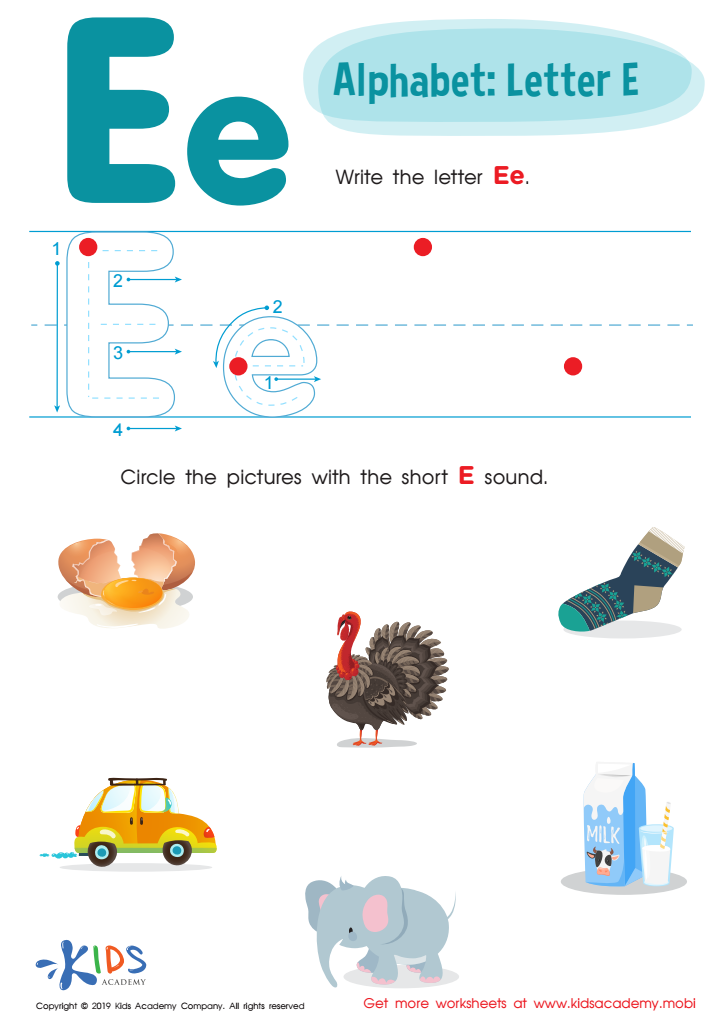

Letter E Tracing Worksheet
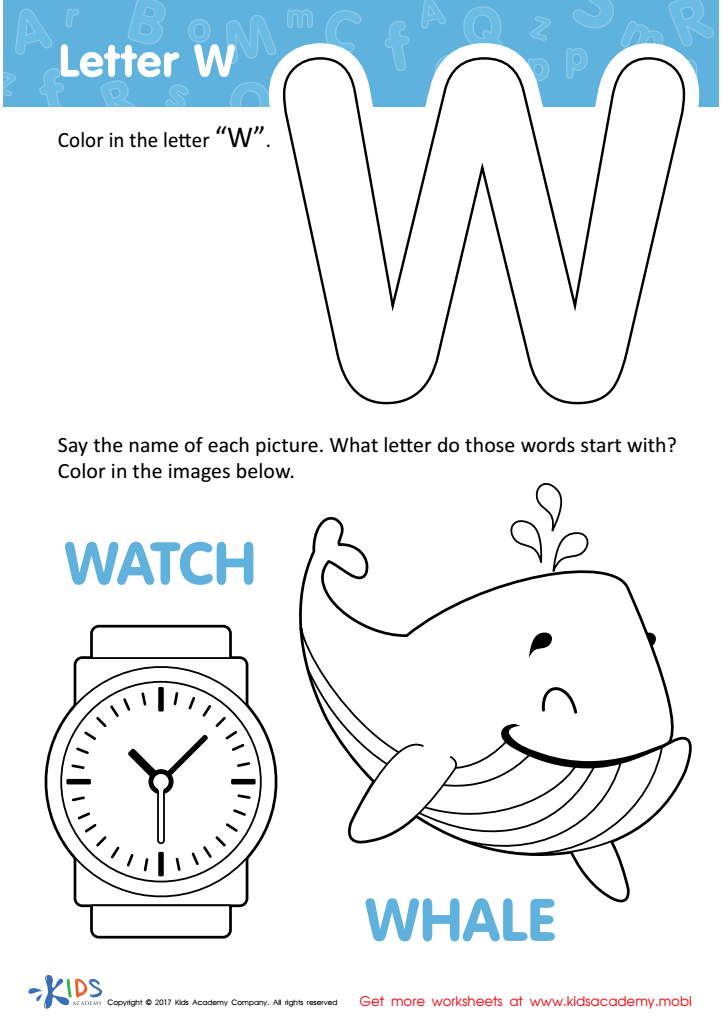

Letter W Coloring Sheet
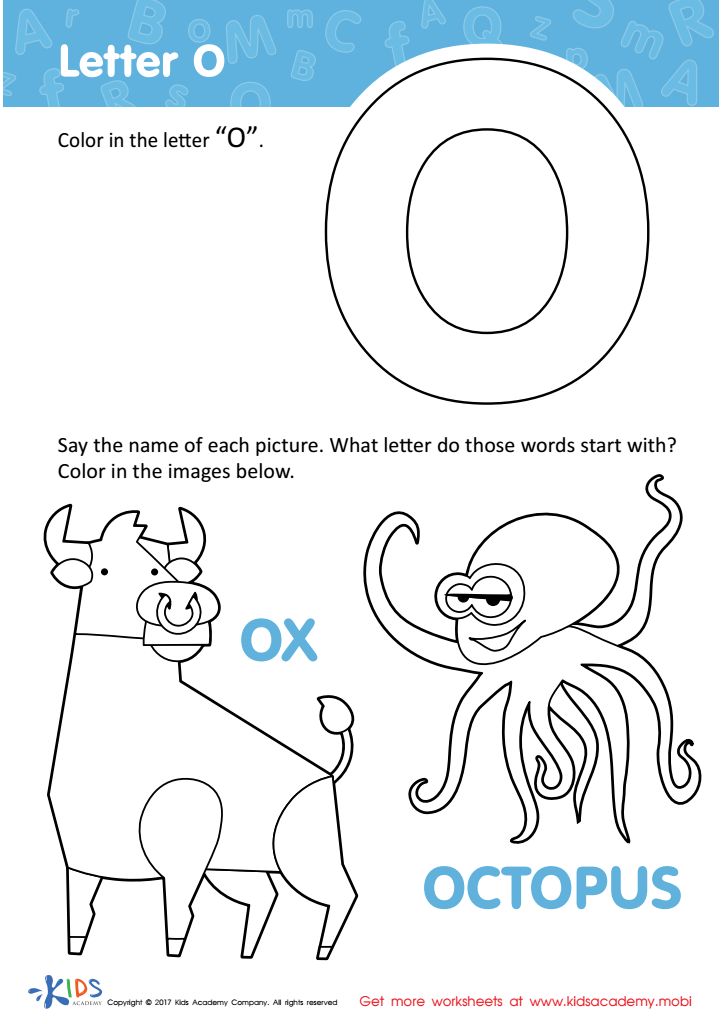

Letter O Coloring Sheet
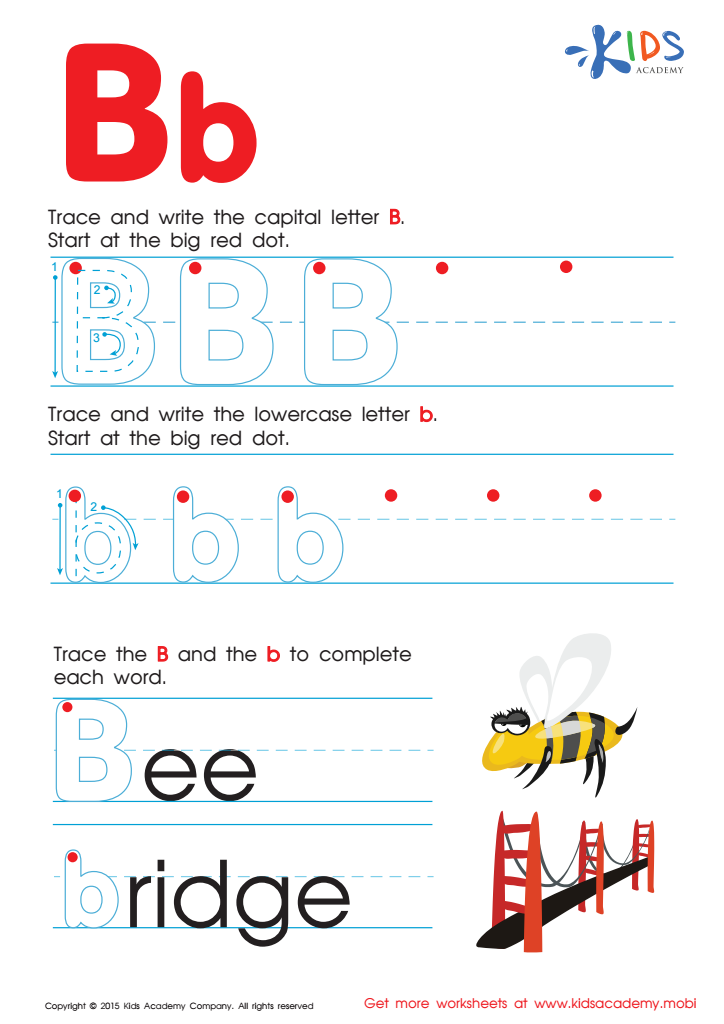

Letter B Tracing Page
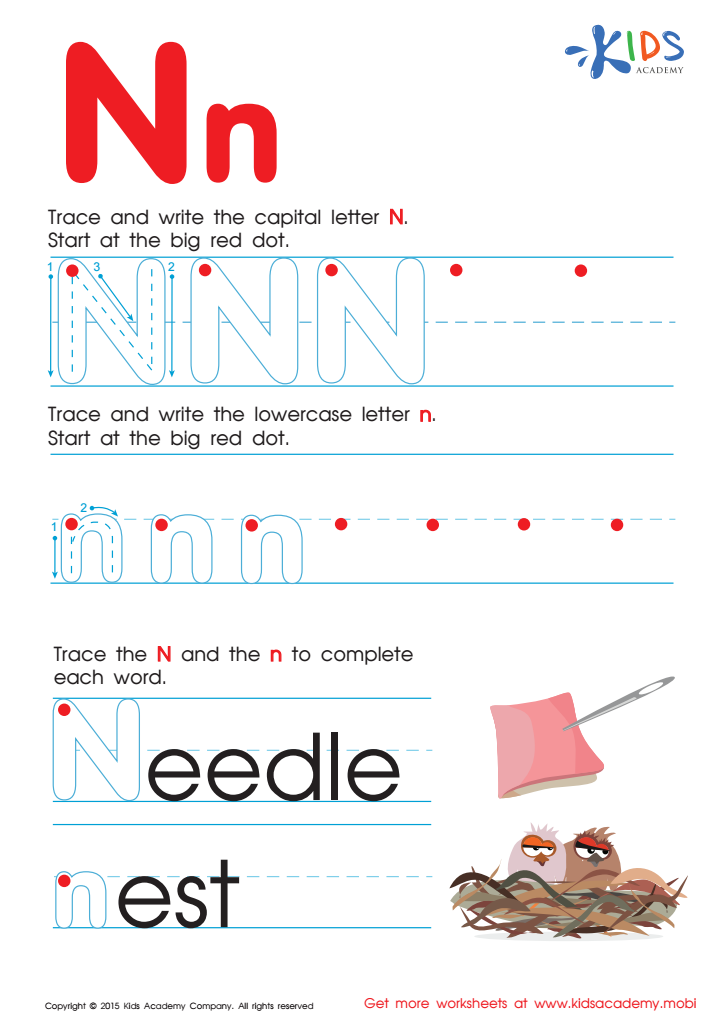

Letter N Tracing Page
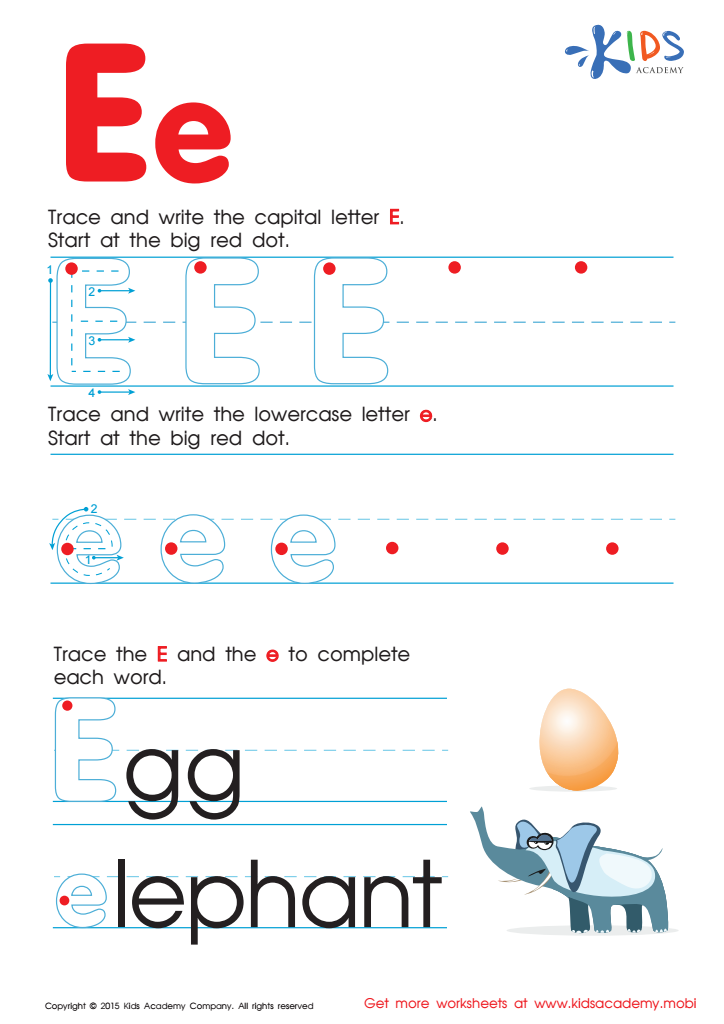

Letter E Tracing Page
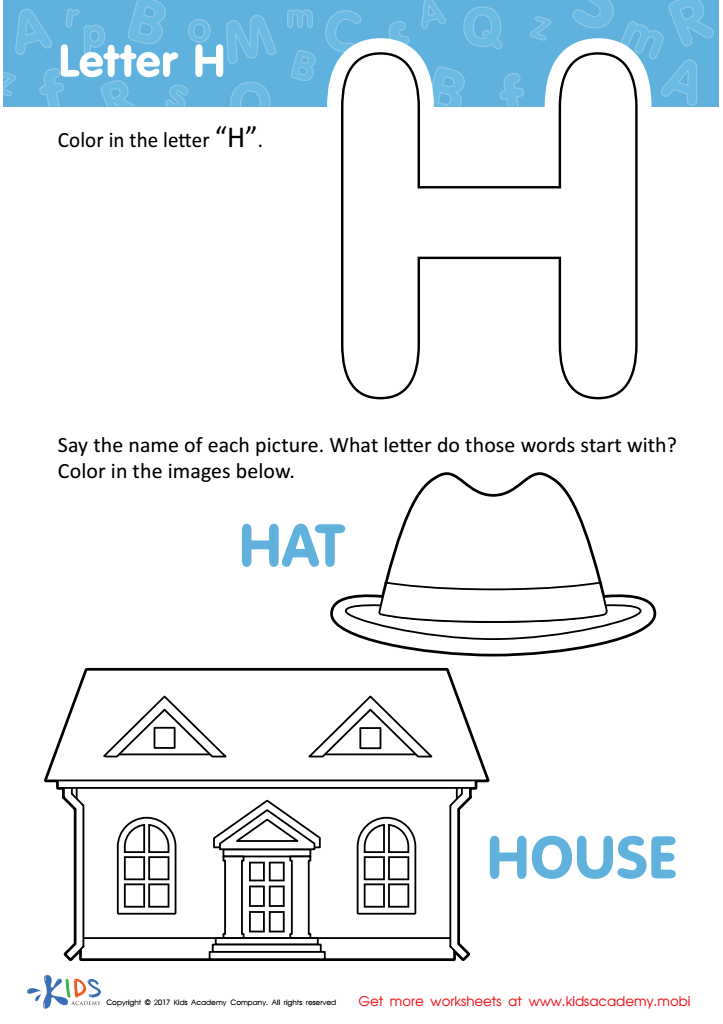

Letter H Coloring Sheet
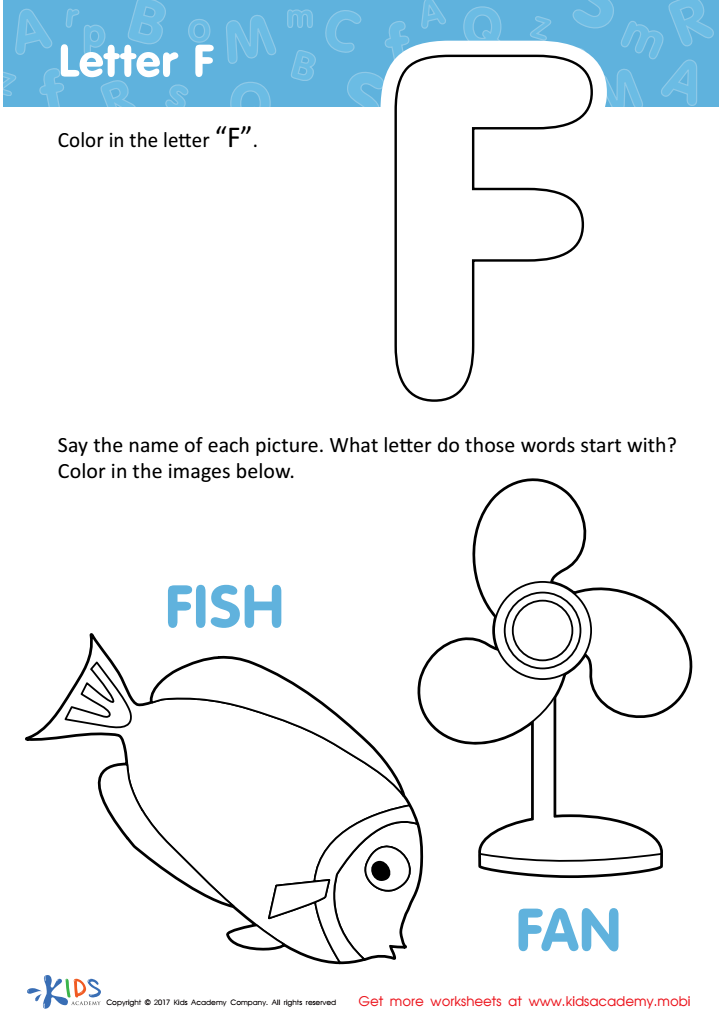

Letter F Coloring Sheet
Alphabet recognition is a foundational skill crucial for early literacy development in 5-year-olds. Parents and teachers should prioritize this skill for several reasons. Firstly, recognizing letters is the first step toward reading, writing, and effective communication. Children who can identify letters quickly gain confidence as they begin to decode words and understand their meaning.
Moreover, alphabet recognition is linked to vocabulary development. When children can name and recognize letters, they are better equipped to learn new words and expand their language skills, which are vital for their overall cognitive growth. Engaging in activities that promote letter recognition can also enhance children's fine motor skills through writing and drawing, skills essential for their academic journey.
Additionally, familiarity with the alphabet encourages children to participate in classroom activities, fostering a love for learning. It also allows parents to engage with their children in meaningful educational experiences, from reading bedtime stories to playing letter games. Investing time in teaching alphabet recognition cultivates a solid literacy foundation, setting 5-year-olds up for future success in school and beyond. Ultimately, supporting this skill builds the groundwork for not just reading, but critical thinking and problem-solving skills essential for lifelong learning.
 Assign to My Students
Assign to My Students






